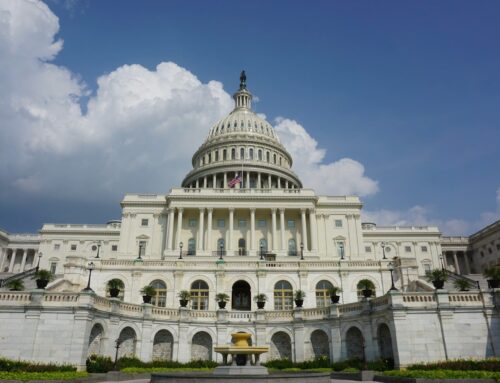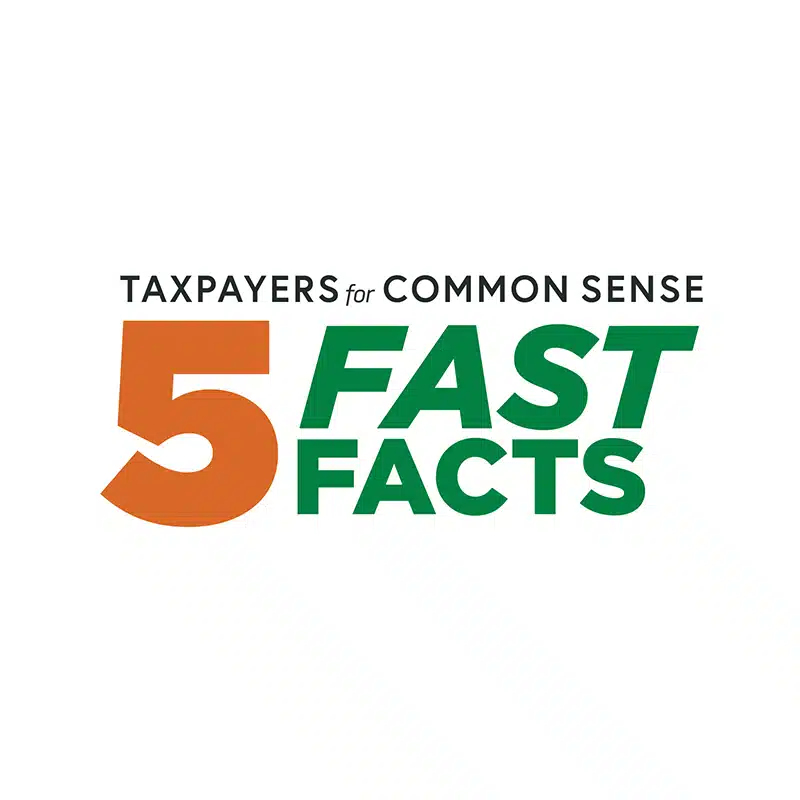The bipartisan spirit that gripped Capitol Hill in the wake of the September 11th attacks is starting to fray as the debate over how best to stimulate the economy and stave off an economic recession begins.
The attacks rattled consumer confidence and led to hundreds of thousands of layoffs. Lawmakers now face tough questions on how best to jumpstart the nation's economy: additional tax cuts or new government spending.
Both parties support some level of tax cuts, but Democrats and Republicans differ on the size and scope of new tax reductions. Congressional Republicans have emphasized corporate tax breaks, while Congressional Democrats are pushing a combination of cuts in payroll taxes that affect Americans in lower income brackets and new government spending.
President Bush and many Congressional Republicans are advocating an economic stimulus package that is mainly focused on tax cuts. The package would cost between $60 and $75 billion, according to the White House. However, congressional estimates put the final price tag at more than $110 billion.
A key question on any tax reduction is whether the tax cuts should be permanent or temporary. Treasury Secretary Paul O'Neill said that the tax cuts should be permanent because permanent cuts will have more impact on growth.
But permanent tax cuts could have unintended consequences. According to the non-partisan Joint Committee on Taxation, the Bush Administration's tax cut proposals could cost as much as $440 billion over 10 years. This would leave significantly less money to address the government's long-term spending priorities.
Earlier congressional actions to help the economy, such as the recently approved $15 billion bailout for the airline industry, have already come under fire.
More industries, like the travel agents and the steel industry, are asking for bailouts. Arguably, the steel industry and travel agents have been affected by the economic fallout following the attacks, but both were already experiencing economic challenges due to market competition. Congress needs to carefully scrutinize any industry bailouts to ensure that money goes to those that need it most.
The final economic stimulus package must not be a short-term fix that creates long-term problems. Lawmakers have a responsibility to ensure that government spending is targeted to those industries that really need it and to draft tax policies that will not sabotage America's economic future.











Get Social